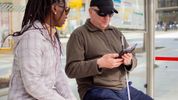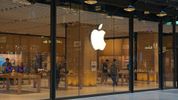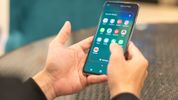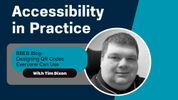Identifying as disabled is a complex decision that many struggle with. For people with visible disabilities, the decision to hide the disability is not really an option..
I have an invisible disability, vision loss. On diagnosis, and having noticed some challenges with reading my screen, I applied for Access to Work (a government scheme in the UK) to help assess adaptions and assistive technology to help me stay productive. I recall being struck by the fact I needed to identify as having a disability. I don't know why, but I hadn't seen my sight loss as a disability.
I knew I needed the help and realised I would need to identify as disabled to get the help I needed. I had the confidence to do this, thanks to having support from the management team above me. It didn't stop me worrying about my long term ability to do my job, it still doesn't. Initiatives like The Valuable 500 provide me with more hope that the world will change and disability inclusion will become standard, not an exception.
This article from Forbed discusses many of the rewards and penalties that come with identifying as disabled.
Build Back Ever Better, Build Back Disability Inclusive
The CDC estimates that 61 million American adults have some kind of disability. That’s 24%, or 1 in 4 who have some kind of significant physical, cognitive, or mental impairment.
















